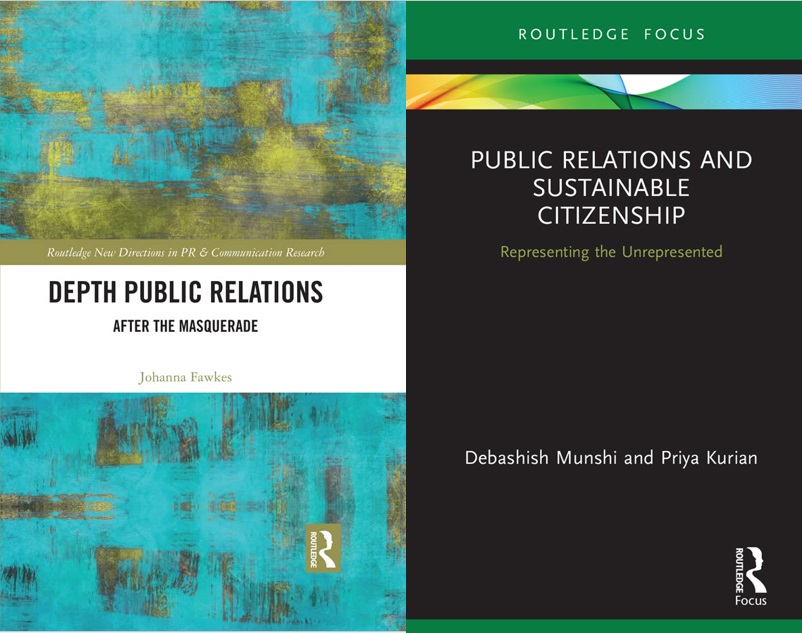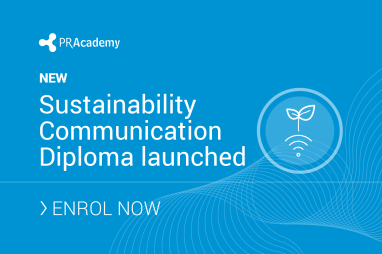Review: Depth Public Relations and Public Relations and Sustainable Citizenship
‘This is a moment to recognize another kind of public relations. One that represents the unrepresented, one that challenges power implicit in the hierarchy of publics, one that builds solidarity by collaborating with a range of voices, one that puts the wellbeing of the planet and its inhabitants ahead of elite interests.’




